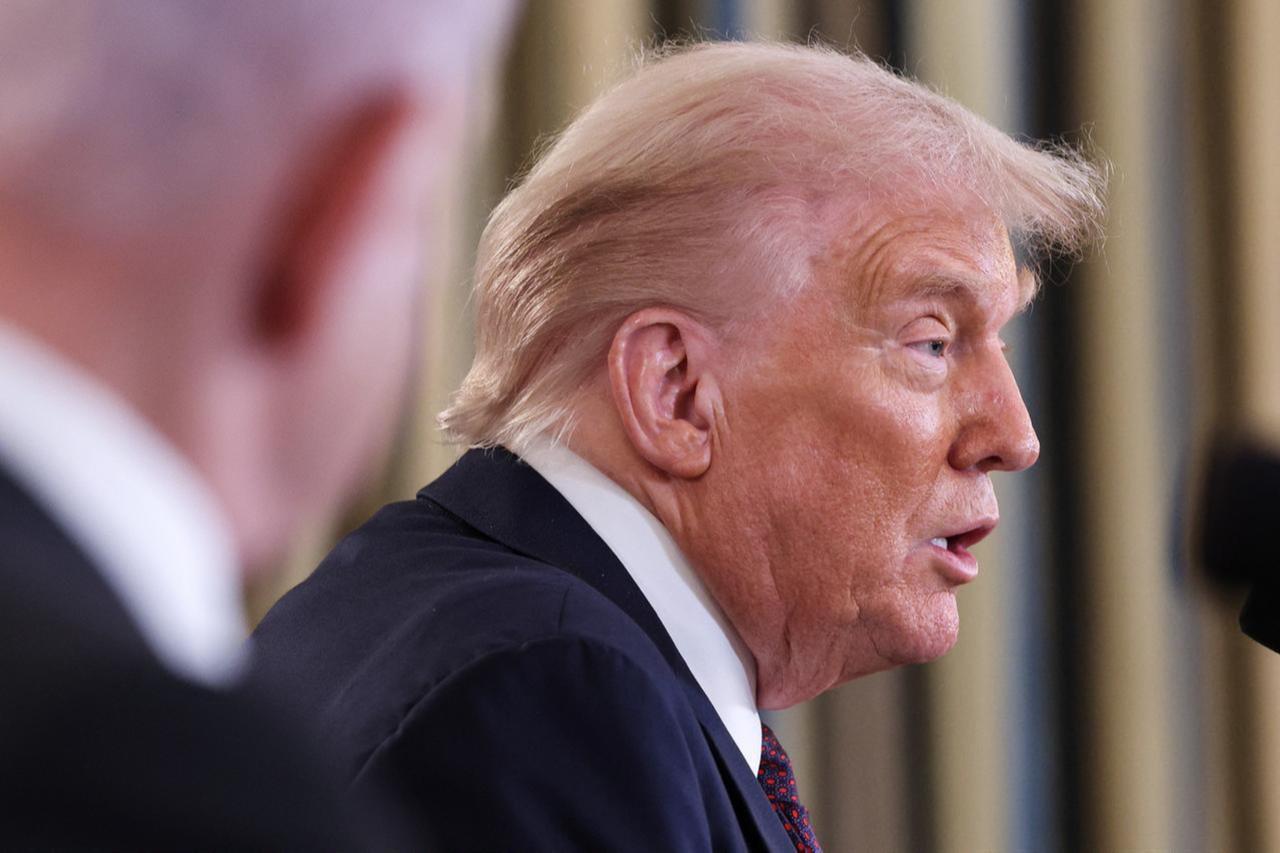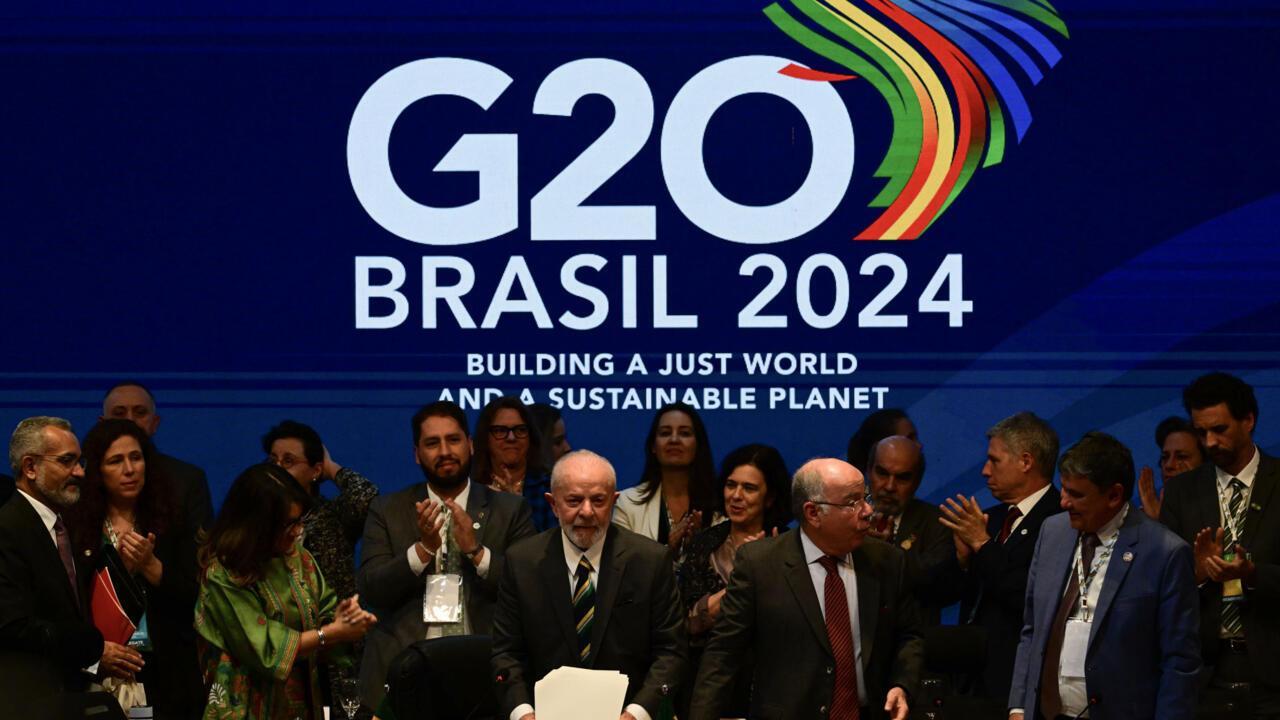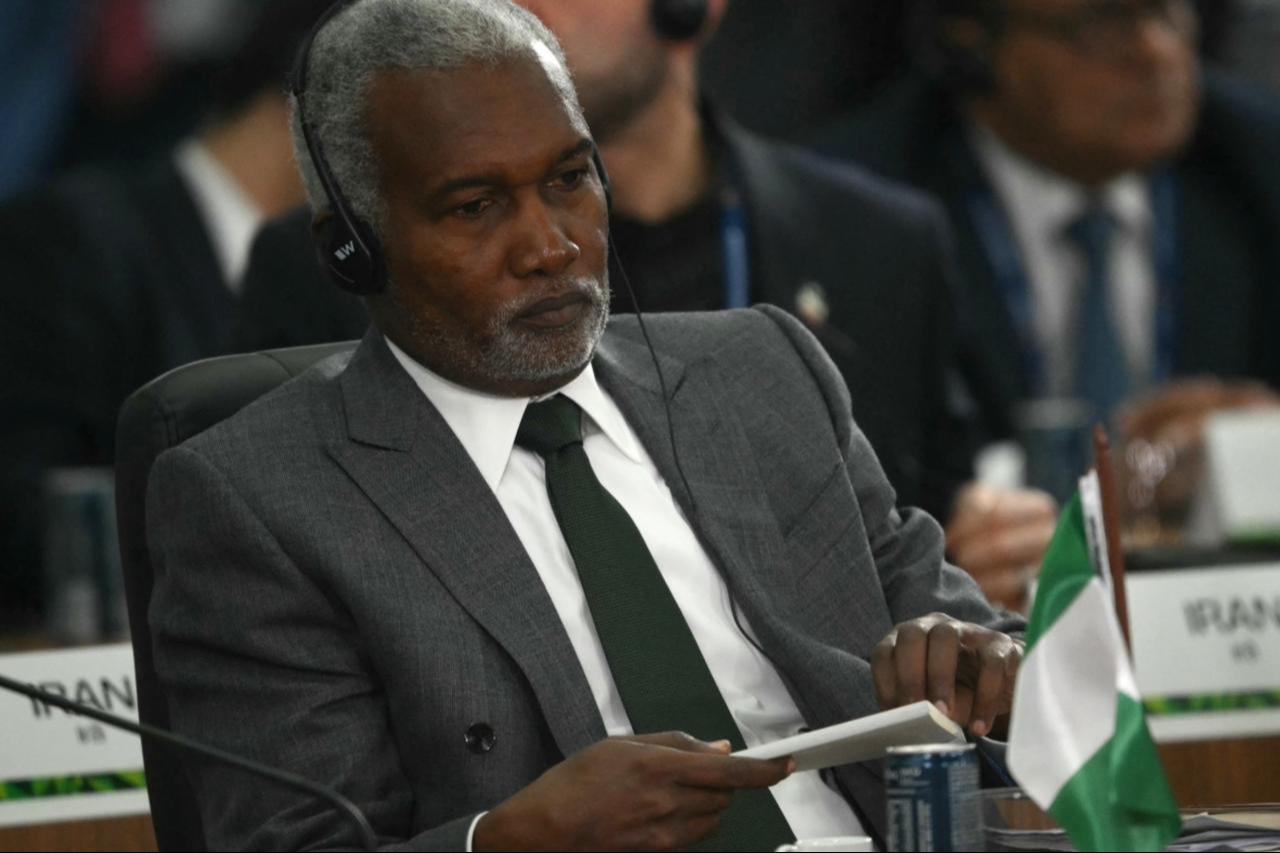
U.S. President Donald Trump said no American government official will attend the upcoming G20 Summit in South Africa, accusing the country of human rights abuses against the white Afrikaner population.
In a post on his social media platform, Truth Social, Trump criticized the decision to hold the G20 Summit in Johannesburg on Nov. 22–23.
“It is a total disgrace that the G20 will be held in South Africa,” Trump said. He alleged that Afrikaners, people descended from Dutch settlers as well as French and German immigrants, are being “killed and slaughtered,” and that their farms and land are being “illegally confiscated.”
Trump stated that “no U.S. Government Official will attend as long as these human rights abuses continue,” adding that he looks forward to hosting the 2026 G20 Summit in Miami, Florida.
Vice President JD Vance, who was expected to represent the U.S. at the summit, will also not attend, a source familiar with the matter confirmed.

South Africa’s foreign ministry described Trump’s decision as “regrettable” and rejected his claims that white Afrikaners are persecuted based on race.
“The claim that this community faces persecution is not substantiated by fact,” the ministry said in a statement. It added that South Africa’s experience with racial inequality enables it to promote global solidarity through the G20 platform.
“Our nation is uniquely positioned to champion within the G20 a future of genuine solidarity,” the statement said.
Earlier this year, U.S. Secretary of State Marco Rubio boycotted a G20 foreign ministers’ meeting in South Africa, which currently holds the G20 presidency from December 2024 to November 2025.
Trump has repeatedly criticized South African policies, including its land reforms and its case against Israel at the International Court of Justice.
He previously hosted South African President Cyril Ramaphosa at the White House in May, where he alleged that “white people are being targeted” in South Africa, a claim Ramaphosa denied.

Ramaphosa said that South Africa was working to reduce crime and rejected the idea that violence in the country was racially motivated.
Separately, the African Union Commission expressed concern over recent U.S. statements accusing Nigeria of complicity in attacks on Christians and hinting at possible military action.
The Commission reaffirmed its commitment to sovereignty, religious freedom, and the rule of law, stressing that Nigeria remains a key member of the AU, contributing to regional peace and counter-terrorism efforts.
The AU warned that “weaponizing religion” could undermine regional stability and urged Washington to pursue diplomatic dialogue and cooperation rather than unilateral measures.